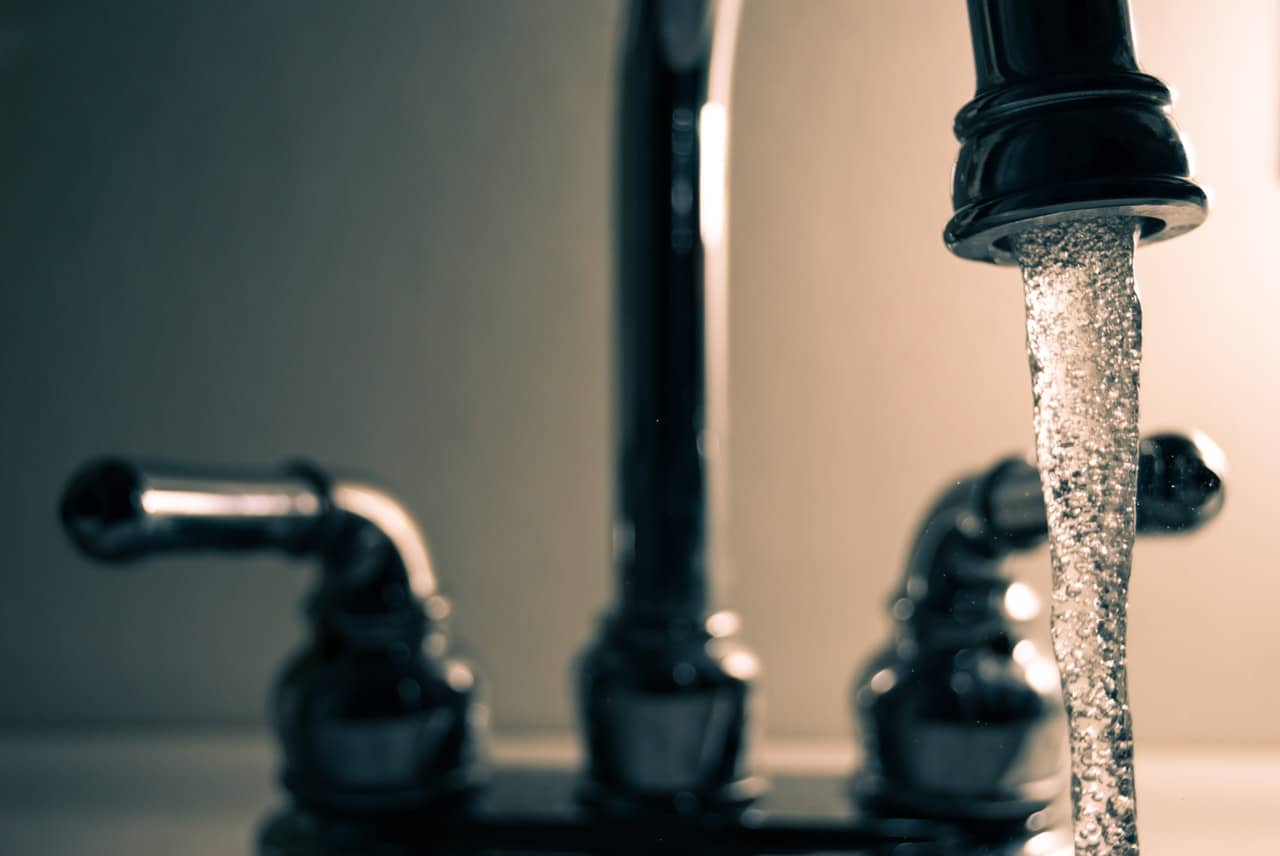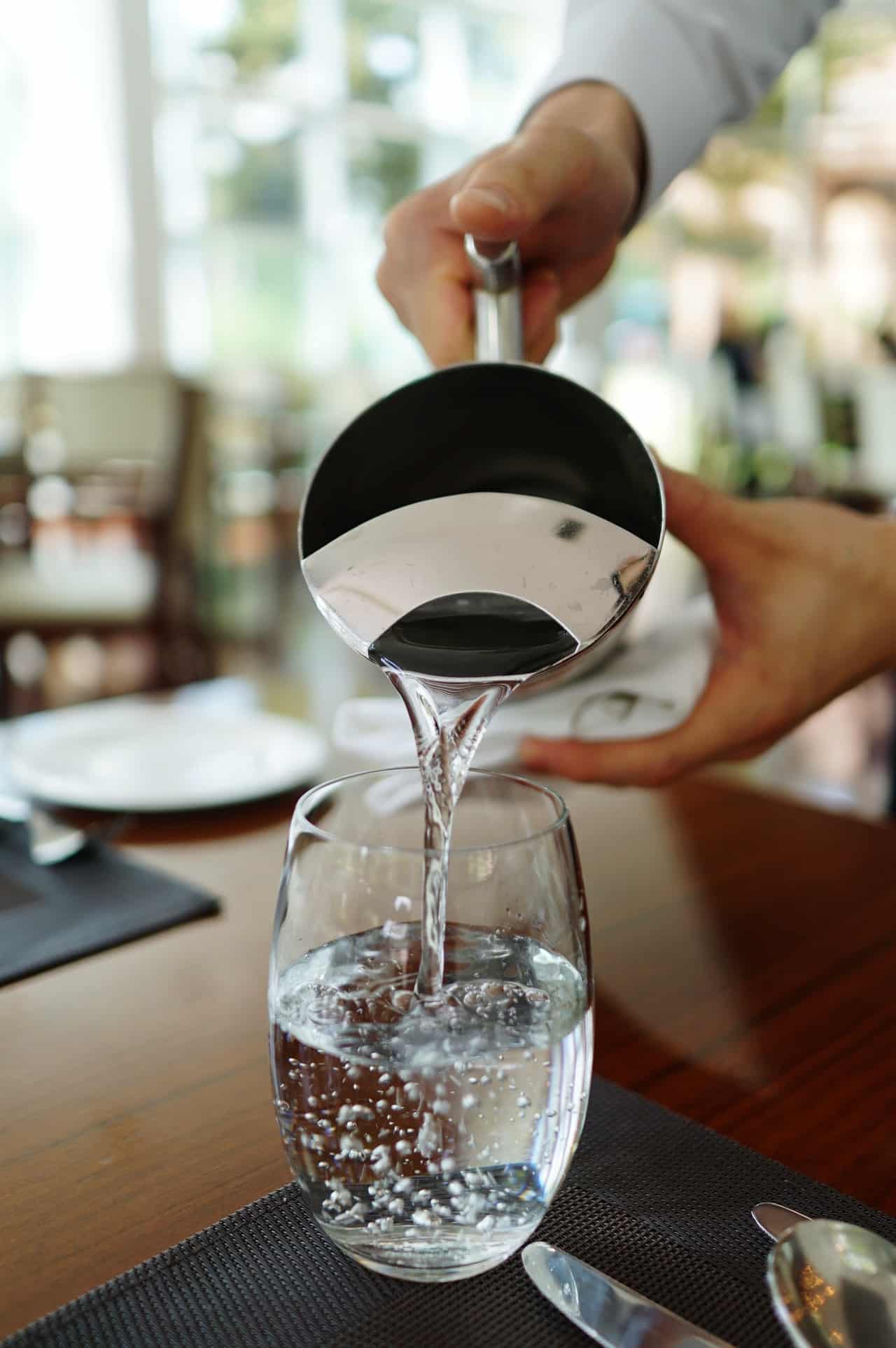Knowing that a water softener system increases the longevity of your house plumbing system will get you to consider installing one. Not only that, but it also increases the lifespan of your appliances, your clothes, and improves your skin and hair condition. A water softener unit takes out excessive magnesium and calcium ions that can be harmful and found in our water, exchanging them with sodium and potassium ions until the harmful ions are flushed out.
IMAGE: PEXELS
Treating Hard Water
The main idea of a water softener is to turn hard water into soft water. Hard water is common in areas where contaminants like plastic and lead end up in tap water. Traces of these minerals are almost always present. They’re not a health hazard, but can cause problems and affect the quality of the water in our homes.
Traditionally, a softening system would be salt-based and will add sodium to the hard water to reduce calcium deposits. Salt-free systems are also popular and treat hard water through magnetic and electrical currents.
Since there are different models to choose from and some will be more efficient than others. With this detailed guide that can help you determine the one most suitable for you based on water softening capacity, water flow rate, the method of softening, and the price. These are the factors you’ll want to look at when making a purchase that you will be satisfied with. To convince you, even more, we’ve come up with 7 of the most popular reasons why installing a softener system will be better for you in the short and long run.
1. Preserve Your Plumbing System
Left untreated, hard water can damage water pipes. This damage starts mineral deposits that calcify and become harder to remove clogging the pipes over time. As pipes clog up, the flow of water reduces. With a softener system installed, there is less chance of having to unclog and fix your pipes because of weak water pressure and erosions. Showerheads will also stop clogging up when soft water is used.
2.Maintain Your Appliances
There are adverse effects of hard water on appliances like your dishwasher, washing machine or even the water heater. Scale buildup can affect their performance and can shorten their lifespan. This means it affects any appliance that water is put into, such as coffee machines, or ice makers.
3.No More Stains
Chances are your dishes and glasses are stained or spotted after washing them. Those white spots are what you get when water evaporates and leaves deposits behind, so you can thank hard water for that. You might think it’s your detergent’s fault, but the cause more often than not is hard water. In other cases, you can have reddish or brownish stains running in your toilet. These rusty looking stains can be because of rusty pipes also caused by hard water.
4.Cleaner And Brighter Laundry
If you notice your clothes and other washable fabrics are getting dull and losing their color, it could be due to being washed in hard water. It can cause laundry to be stiff and rough. Hard water might not totally remove soils in your laundry and over time this can cause yellowing or graying of fabrics.
5. Lessen the Use of Detergents and Soap
The number of minerals in hard water can affect the efficiency of detergents, soaps, shampoos, and the likes. A film of soap will typically be left on the skin. Alongside that, the main ingredients in these products might not all be activated when used with hard water, though they are dissolved. This leads us to use more detergent and shampoo that we wouldn’t normally have to use when a softening unit is installed.
6. Healthier Skin and Hair
As hard water will affect the pipes, once you actually step into a running shower or bath, you can feel the effect of it on your skin and hair. Skin can become more itchy or red and traces of magnesium or calcium can make hair brittle, dry and frizzy. The softener will preserve the natural oils of your skin and hair.
7. Eco-Friendly
Hot water consumes between 14% and 25% energy. It’s the second most energy-consuming process after cooling and heating our homes. It’s been found that water softening reduces water heating energy by 24%.
Hard water itself isn’t a health hazard as there is water control on what reaches our water taps. However, it’s bothersome and constant fixture of pipes and fixing or replacing appliances add up to a lot of costs caused by it. There can always be different solutions to one problem and the best solution for hard water is to invest in a softener system.
If you are interested in even more lifestyle-related articles and information from us here at Bit Rebels, then we have a lot to choose from.


COMMENTS